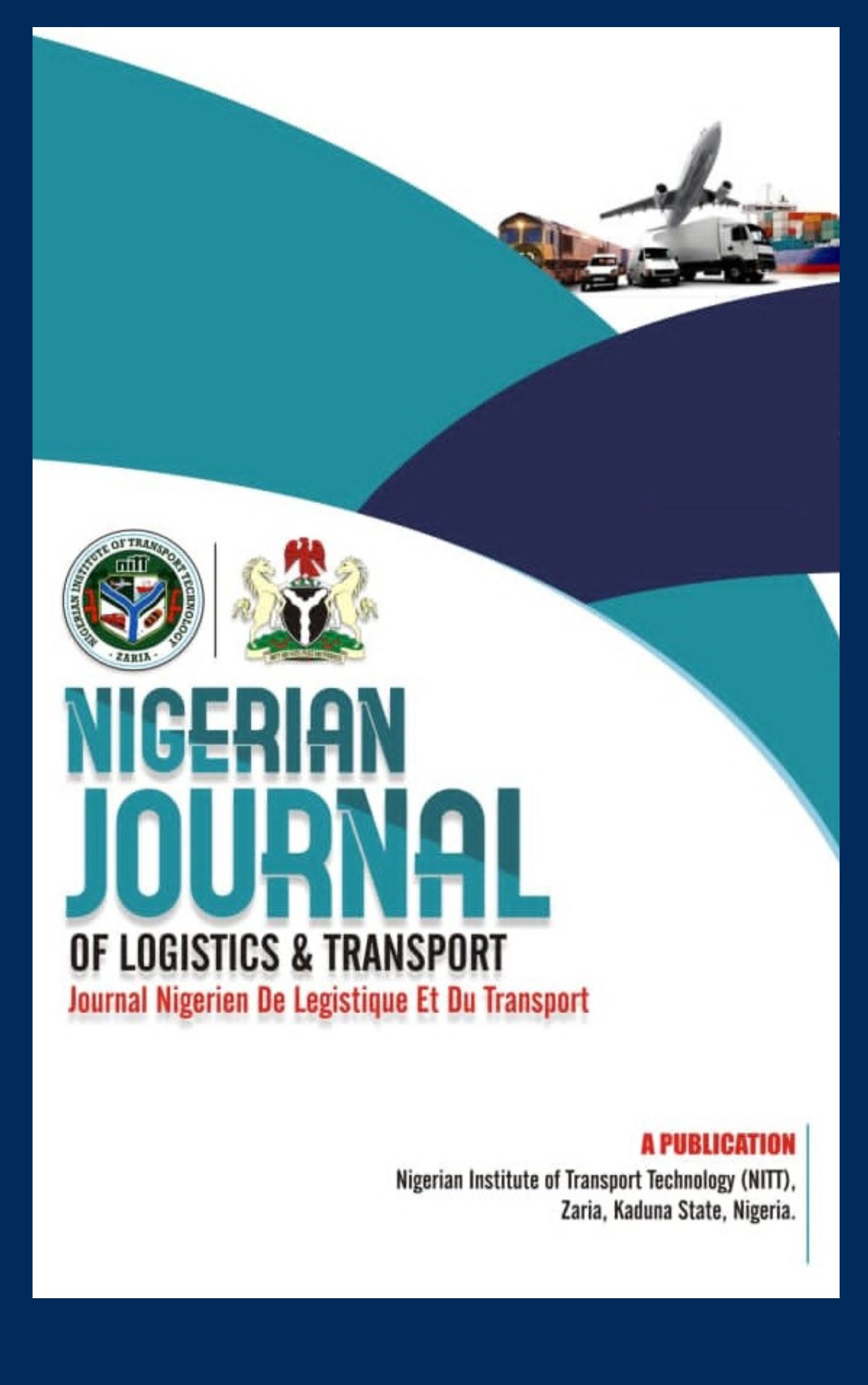Abstract
In Nigeria significant proportion of internal goods and passenger movement depends on the road transport sub-sector. However, railway and inland waterways played significant but less important roles. The result of this chaotic situation is road traffic accident, which is a major but unfortunate feature of the road transport industry in Nigeria. It is against this background that this paper seeks to examine how the provision of transportation facilities can be used as a mechanism for poverty reduction and economic empowerment. In essence, the findings showed that provision of elements of transport; such as the way, motive power, unit of carriage and terminals are keys to poverty reduction, especially through the informal sector of the economy. Consequently, the study showed that a total of 10, 213,810 people have been elevated from poverty level as a result of this process of bus building. Finally, the Federal and state governments should allow the private sector provide transportation infrastructure and facilities to the maximum extent possible, while government would use the provision of transport infrastructure and operation in policy regulation, and private sector investing capital for economic empowerment within the country.



 National Library of Nigeria
National Library of Nigeria.jpg) Association of Nigerian Authors
Association of Nigerian Authors Nigerian Library Association
Nigerian Library Association EagleScan
EagleScan Crossref
Crossref